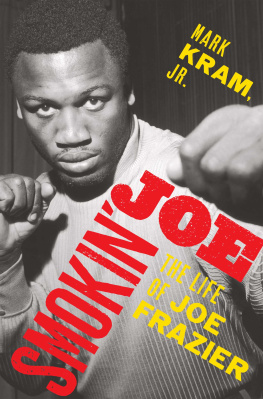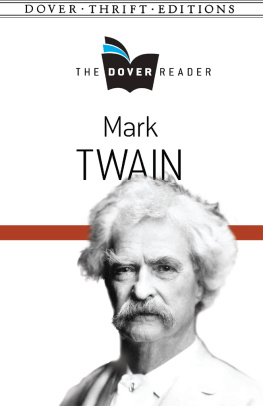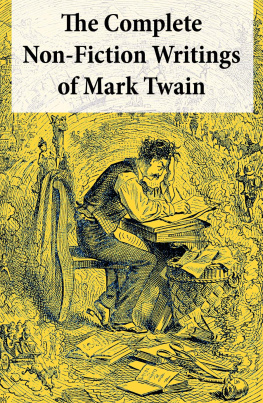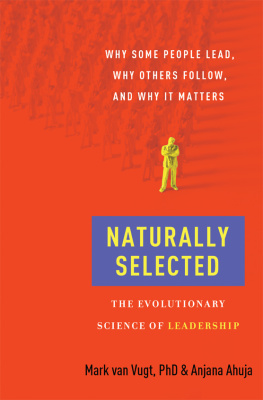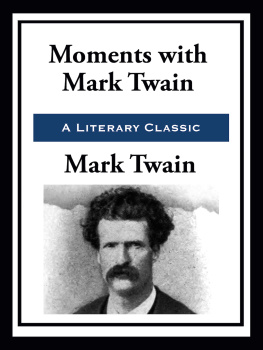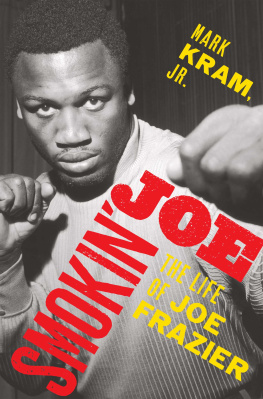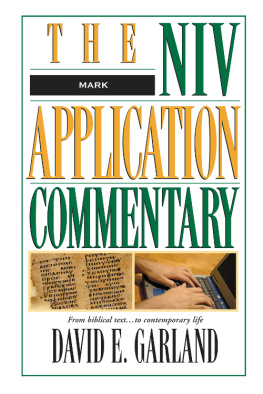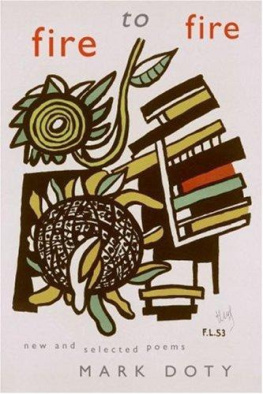Mark Kram - Great Men Die Twice: The Selected Works of Mark Kram
Here you can read online Mark Kram - Great Men Die Twice: The Selected Works of Mark Kram full text of the book (entire story) in english for free. Download pdf and epub, get meaning, cover and reviews about this ebook. year: 2015, publisher: St. Martins Press, genre: Detective and thriller. Description of the work, (preface) as well as reviews are available. Best literature library LitArk.com created for fans of good reading and offers a wide selection of genres:
Romance novel
Science fiction
Adventure
Detective
Science
History
Home and family
Prose
Art
Politics
Computer
Non-fiction
Religion
Business
Children
Humor
Choose a favorite category and find really read worthwhile books. Enjoy immersion in the world of imagination, feel the emotions of the characters or learn something new for yourself, make an fascinating discovery.

- Book:Great Men Die Twice: The Selected Works of Mark Kram
- Author:
- Publisher:St. Martins Press
- Genre:
- Year:2015
- Rating:4 / 5
- Favourites:Add to favourites
- Your mark:
- 80
- 1
- 2
- 3
- 4
- 5
Great Men Die Twice: The Selected Works of Mark Kram: summary, description and annotation
We offer to read an annotation, description, summary or preface (depends on what the author of the book "Great Men Die Twice: The Selected Works of Mark Kram" wrote himself). If you haven't found the necessary information about the book — write in the comments, we will try to find it.
Great Men Die Twice: The Selected Works of Mark Kram — read online for free the complete book (whole text) full work
Below is the text of the book, divided by pages. System saving the place of the last page read, allows you to conveniently read the book "Great Men Die Twice: The Selected Works of Mark Kram" online for free, without having to search again every time where you left off. Put a bookmark, and you can go to the page where you finished reading at any time.
Font size:
Interval:
Bookmark:
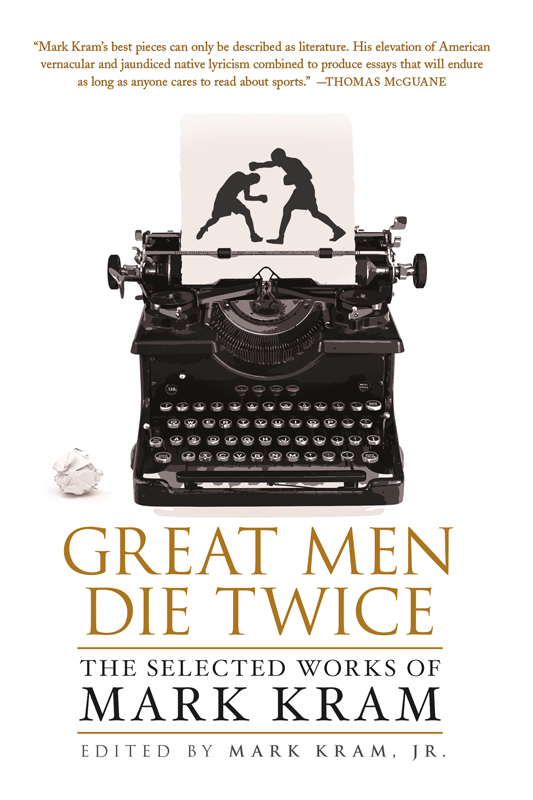

The author and publisher have provided this e-book to you for your personal use only. You may not make this e-book publicly available in any way. Copyright infringement is against the law. If you believe the copy of this e-book you are reading infringes on the authors copyright, please notify the publisher at: us.macmillanusa.com/piracy.
For Andrew Blauner
BY MARK KRAM, JR.
A vexing sense of unattained expectations prevented my father from collecting these pieces himself. Whenever I prodded him to do so, he would always shrug and say they would have to be rewritten, if not fully, then in part. There was no persuading him. When he read his own work, his eye always fell to a line that could have been worded better, a paragraph that wandered astray, a beginning or ending that was not as acutely observed as it should been. Even his stirring coverage of the Thrilla in Manila would leave him chewing on the stem of his pipe in consternationthis, the very piece that had for years been looked upon as the apotheosis of event reporting. Yet Dad would only toss it aside and scoff, I could have done more with the ending. In this way and others, he could be maddening.
The New York Times obituary of Dad in June 2002 saluted his work in Sports Illustrated by calling him one of its most lyrical writers of the 1960s and 1970s. But no one I can think of characterized him better than John Schulian, the star sports columnist of a generation later who described him as a poet of the dark nights in sports. Given his evocative way with words and the shadows that enveloped his work, Dad would have found some appeal in that description. On an SI staff overflowing with talentDan Jenkins, Frank Deford, Jack Olsen, Bud Shrake, a young Roy Blount Jr., and an always overlooked personal favorite, Robert Cantwellthis eccentric young man from Baltimore with the literary appetite chronicled the exploits of Muhammad Ali, Joe Frazier, and scores of others who then populated what A. J. Liebling anointed the Sweet Science. Although Dad would become internationally known for his observant eye on the boxing beat, he also pitched in an array of long-form pieces that helped create the voice of SI. Bill Veeck, the colorful baseball owner who was also an eclectic reader, was once quoted in his admiration of Dad, I wish, just once in my life, I could write five hundred words as well as that man.
What I find astonishing as I look back on his life is that he sprang from an environment that encouraged none of this. In the two-story row house where he was reared in East Baltimore, the only reading matter was the folded-over racing page that his dad labored over in his quixotic search for two-horse parlays before he headed off to the assembly line at General Motors. While Dad had been a superior athlete at Calvert Hall College High School, academically he finished tenth from the bottom of his classalthough he did pick up some Latin and discovered later that it helped him grasp the organizing principles of English. He played some baseball in the army, signed a minor league contract with Pittsburgh, but soon ended up back home with a young wife, a baby (me), and a variety of blue-collar jobs, living above a small fish store owned by my maternal great-grandparents. Only then did he begin reading with the intent to better himself: John Steinbeck, James T. Farrell, Nelson Algren, and an array of others whose work would point the way.
The Baltimore Sun hired him in the fall of 1959, but not without some subterfuge by Dad that would become family lore. The sports editor there asked him if he had any writing samples. Dad handed him a paragraph he had composed on a portable typewriter that his mother had purchased for him. The editor looked at it and asked my father, Well, do you have any college? Dad told him yes, he had attended the University of Georgia. However, he had only spent a few weeks there before he dropped out. But with the help of a friend, John (Jack) Sherwood, later a fine feature writer for The Washington Star, Dad wired himself a telegram that stated in part, George M. Kram has completed three years of undergraduate study at the University of Georgia. He signed it Dean of Men . The sports editor glanced at it and gave him the job. Dad promptly dropped his given name, George, adopted mine, and began writing under the palindrome Mark Kram (which is why I am not technically a junior).
Under an asphyxiating cloud of pipe smoke, Dad worked his way up at the Sun from a high school reporter to a sports columnist. His thrice-weekly space, Another Day, became a laboratory for him. An introvert who found himself awkward in social settings, he tended to be standoffish on the job until evening fell, when he would unwind over a few too many drinks at the bar. Instead of joining the pack at the big sporting events in a city that was absorbed with the Colts and the Orioles, he went off on his own, used his eyes and ears, and fashioned eight-hundred-word pieces that would later seem to him unbearably florid. But whatever his early prose lacked in discipline, he had a passion for the language that he showered on pool hustlers, down-and-out boxers, and exrodeo stars. An admiring copy editor at The Evening Sun sent some of the pieces to Ray Cave, a former colleague who had worked in Baltimore before becoming an editor at SI. Dad was called up to New York for an interview in the fall of 1963.
Given his unconventional background, Dad could not help but feel out of his element when he walked into the Time-Life Building. Handed a job application, there was no running to Western Union when he came to the space that asked for his college experience. Like a man applying for a bank loan he knew he had no chance of getting, Dad sadly wrote, None . In his interview with a human resources manager, an Ivy Leaguer who sniffed at the overreaching applicant before him as if he had a week-old sandwich in his coat pocket, Dad sank in his chair as the executive looked over the form and said dismissively, What? No college? No, no. This will not do at all. Dejected, Dad reported the encounter to SI s managing editor, Andr Laguerre, who waved his hand and said with a gravelly chuckle, Fuck him. This is my magazine. Dad started in January 1964.
Like every other writer SI rounded up back then, Dad fell under the spell of Laguerre, who had been an aide to Charles de Gaulle in World War II. When Dad delivered his first storya profile of NHL star Gordie Howeit was rewritten by an editor who told him, You have to understand. Youre the wood; Im the carpenter. Dad tapped his head and replied, It doesnt sound like wood to me. Laguerre told Dad that neither version worked but assured him, My money is on you. Always remember that. But Laguerre was no pushover. When he discovered that his headstrong young writer had restored some wording that an editor had changed, Laguerre gave him an earful. Oh, he chewed me out terribly, Dad once told me. A half an hour later, I was sitting in my office and he called, as if nothing happened, and said, Mark, join us for a drink? He never harbored a grudge. When Dad reminisced in a Letter from the Publisher how he had outfoxed the Sun with that phony telegram, Laguerre only laughed. He protected Dad from the corporate politics that could have upended him in the early stages of his development and quelled the anxieties within him that years later did just that. Dad said, I loved the man.
SI under Laguerre became prized literary turf. The celebrated New Yorker writer Joseph Mitchell reminded Dad of that when they had lunch one day. Believing by the late 1960s that sports had become too confining, Dad asked Mitchell if he had any chance at joining the staff at The New Yorker . That could be arranged, Mitchell told him. But why would you want to? Dad stayed at SI in part because of the latitude Laguerre gave him, but also in part because of the working relationship with Senior Editor Pat Ryan, whom Dad regarded as a lovely woman and truly fine editor. Besidesand this would prove to be a double-edged sword SI was a freewheeling place and openhanded with expenses, which Laguerre had calculated as added income to offset the low salary even his better writers tended to be paid. Upon taking an ocean liner to Europe on assignment instead of flying, which he simply could not bring himself to do in the early 1970s after experiencing an emergency landing in London, Dad submitted an expense account with a charge that became SI legend. Boat: $10,000.
Font size:
Interval:
Bookmark:
Similar books «Great Men Die Twice: The Selected Works of Mark Kram»
Look at similar books to Great Men Die Twice: The Selected Works of Mark Kram. We have selected literature similar in name and meaning in the hope of providing readers with more options to find new, interesting, not yet read works.
Discussion, reviews of the book Great Men Die Twice: The Selected Works of Mark Kram and just readers' own opinions. Leave your comments, write what you think about the work, its meaning or the main characters. Specify what exactly you liked and what you didn't like, and why you think so.

